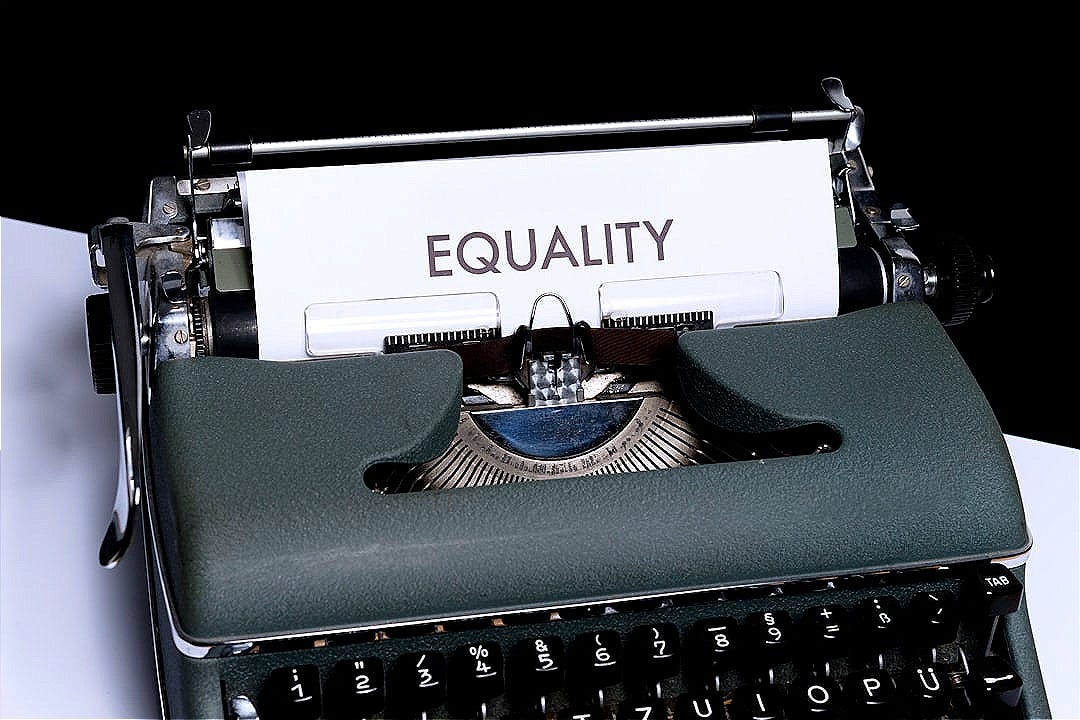The Equality Act is Fuelling Division in Britain
New report calls for repeal of the Equality Act

A landmark new report by Don’t Divide Us (co-authored by Dr Alka Sehgal Cuthbert and Dr Anna Loutfi) has just been released detailing the impact of the Equality Act 2010. Its findings confirm what many people have suspected for some time: the Act is not reducing discrimination or increasing fairness. Instead, it is encouraging division, fuelling mistrust in the workplace, and leading to more conflict, not less.
According to the report, claims of racial discrimination at employment tribunals have tripled since 2017, rising from 165 in 2016/17 to 1,202 in 2023/24. At first glance this might suggest a serious rise in racism in society, much to the satisfaction of many race activists. But with only 5 percent of those claims upheld, it becomes clear that the Act is serving less to address real discrimination and more to frame everyday workplace tensions through the distorting lens of identity and suspicion.
The irony is that the UK has never been more diverse, nor more legally fortified against discrimination, and yet, the number of reported grievances continues to rise.
The Equality Act’s “expansionary logic,” the report argues, encourages individuals to interpret ordinary workplace friction through a legal and racialised lens. Small disagreements, tone of voice, everyday clumsiness — these become sites of moral and legal tension, especially when they involve colleagues of different racial or cultural backgrounds.
The Equality Act was passed with the aim of protecting people from unfair treatment. It consolidated existing discrimination laws, introduced the concept of “protected characteristics”, and gave new powers to individuals who believed they had been treated unfairly because of their identity.
But in practice, it has done something quite different. It has created a system where people are encouraged to see themselves and others, primarily through the lens of legally protected identity characteristics. Race, gender, sexuality, religion, and more have become central not just to how people understand inequality, but to how they interact with colleagues, managers, and institutions.
The law also relies so heavily on subjective interpretation, i.e. on how things are subjectively “perceived” rather than what was intended or any objective criteria. This means that it has become increasingly difficult to speak freely or resolve disagreements informally.
A recent example reported in The Times involved a black employee who sued her manager after he asked, “Has she been smoking something?” following an error. Because she had braids, she interpreted this as a racial remark.
The judge agreed, and she was awarded over £35,000 in compensation. This is not an isolated case. It reflects a wider pattern in which the law gives people strong incentives to view misunderstandings and awkward or careless comments through the lens of discrimination.
The report doesn’t just call for reform, it suggests the eventual repeal of the Equality Act. That may seem a radical proposition in a political climate where “equality” is treated as sacred and unassailable. But as Equiano Project director, Inaya Folarin Iman said, “…the Act is undermining equal relations between citizens.”
It is no longer fit for purpose. A law that was meant to ensure fairness now encourages division, mistrust, and legal overreach. The Equality Act may have been well-intentioned, but intention is not enough (ironically, even if the eyes of the Equality Act). It’s time to accept that the framework itself is flawed and to start thinking seriously about what should replace it.
The Equiano Project is kept going by donations, large and small. No matter how much, we would greatly appreciate your contribution.



Thank you for your work, it’s important to understand how things are being escalated in ridiculous ways.
Last year someone called me an old white man because they were expecting someone different to train them? Could I have complained and raised the issue? No, I laughed about it.